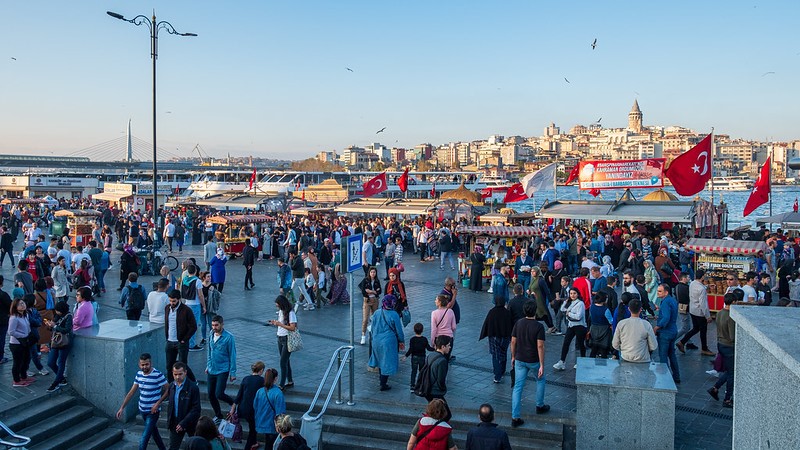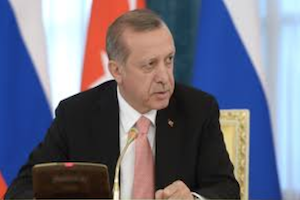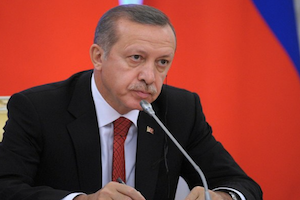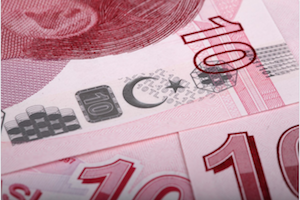The Middle Corridor Calls for Turkish-European Cooperation
By Barçın Yinanç
January 17, 2022
While it was fear of Russia that prevented the Central Asian countries from showing an interest in the Middle Corridor, it is ironically the same Russian factor that has today led to the reinvigoration of this alternative to the Northern Corridor. However, crucially, the future of the Middle Corridor depends on European interest and particularly on the European Union revising its attitude toward Turkey that has been spearheading the project for more than a decade and that is indispensable to its realization. European decision makers must recognize that they need to join hands with Turkey to make the Middle Corridor come to fruition.

Sedat Peker and the Return of Turkey’s Violent Far Right
By Ryan Gingeras
June 17, 2021
As the Turkish public grapples with the repercussions of a crippled economy and a grinding pandemic, Turkey’s twitter-sphere, as well as much of its press, remains transfixed on the revelations of Sedat Peker. The videos reinforce certain realities regarding the Turkish state’s relationship with organized crime and with the violent far right. The impact of this reputed gangster on Turkish politics speaks to the influence of the country’s far right, which fits neatly within the country’s broader historical development since the 1970s. Peker’s videos are a reminder of the obstacle to democratization that the far right networks in the state represent.

COVID-19 and the Turkish Economy: Erdoğan Faces His Toughest Challenge
By Barış Soydan
May 11, 2020
Will the Turkish economy survive the Covid-19 pandemic? If the emergency measures remain in place for more than a few months – which they likely will, given that the pandemic is expected to last for at least a year, if not longer – what looms is a cumulative loss of economic output compared to which the 2001 financial crisis that blew up Turkish economy pales. A big slump, with bankruptcies, mass unemployment and government debt running at record highs loom on the horizon. The economic consequences of covid-19 are going to present Recep Tayyip Erdoğan with the toughest challenge that he has had to face during his seventeen years in power.

How the Fed Empowered Erdogan, and How It Now Undermines his Rule
By Barış Soydan
February 11, 2019
It is impossible to understand the electoral successes so far of Recep Tayyip Erdoğan, the undisputed leader of Turkey since 2003, without taking the spectacular growth of consumerism in the country into consideration. Notwithstanding the fact that the neoliberal economic policies of the ruling Justice and Development Party (AKP) have disproportionately benefited the wealthiest in Turkish society, low-income earners have also benefited from the economic growth of the last sixteen years. Yet this growth has to a large extent relied on the quantitative easing program of the U.S. Federal Reserve. The end of quantitative easing will be consequential for Erdoğan and his party. Erdoğan is not going to be able to retain the same level of support that he has enjoyed among low-income earners. Get ready for substantial drops in AKP votes in the municipal elections in March.

A Crisis Foretold: Anatomy of Turkey's Threatening Economic Meltdown
By Barış Soydan
August 22, 2018
Last year, Turkey was the fastest growing economy among the G20 countries. Now it is going through a severe currency crisis. The lira has lost more than 40 percent against the US dollar this year. A recession is at the door. President Recep Tayyip Erdoğan accuses the United States of waging economic 'war' against Turkey and has threatened to ‘look for new allies’. Yet Turkey has no alternative to Western capital, and will sooner or later going to have to do whatever it takes to restore the confidence of Western investors.




